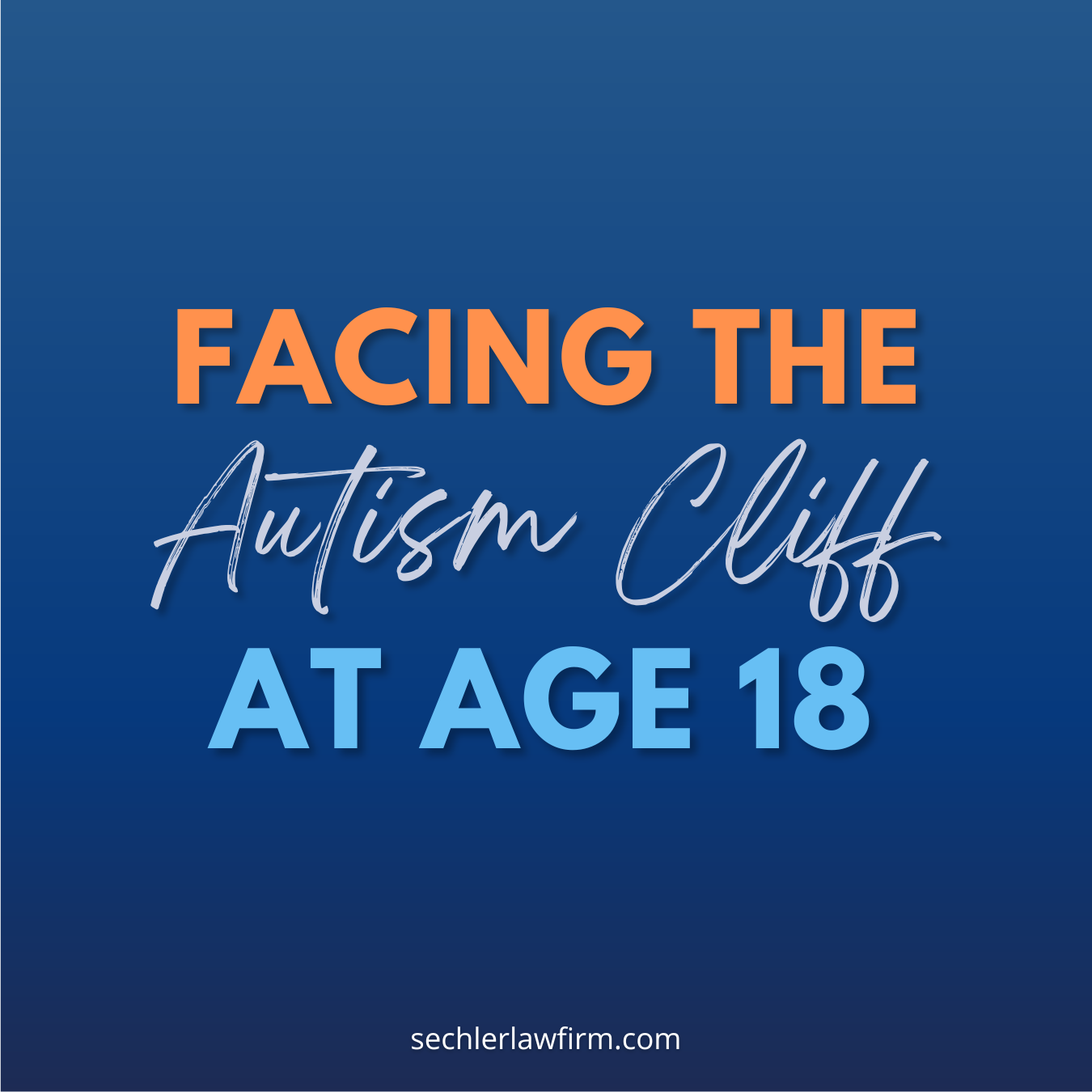April’s World Autism Awareness Month brings a critical issue into focus for many families. This issue is what happens when a child with autism reaches adulthood? Turning 18 is a major legal transition, and for young adults on the spectrum, this threshold can feel like an ‘autism cliff’. Suddenly, the structured support of childhood falls away, and parents find their legal ability to make decisions on behalf of their child significantly altered.
The Challenge at 18
The law doesn’t account for the spectrum of abilities in autism when it grants full adult rights at eighteen. This can leave families worried and unsure about how to continue providing support.
Finding Solutions
Thankfully, there are clear pathways to navigate this transition:
- Limited Guardianship/Conservatorship: Tailored to fit individual needs, this option allows for necessary support without stripping away autonomy.
- Powers of Attorney and Healthcare Directives: Young adults can designate trusted people to assist with decisions if they have the capacity to understand and agree.
- Special Needs Trusts and ABLE Accounts: Parents can utilize these financial planning tools to provide for your child’s future. You won’t have to worry about compromising their access to essential benefits.
The key to a successful transition is crafting a plan that’s as unique as your child. This plan that not only meets their current needs but also has the flexibility to adapt as they grow into adulthood. If you’re looking for guidance, our team is here to offer support. We’ll work with you to explore each option, ensuring that the plan you put in place is comprehensive. It also needs to evolve with your child’s journey. Together, we can make the path to adulthood for your loved one as smooth and secure as possible.
T find out more about Special Needs Trusts, and why you may need one for your child, click Here.









